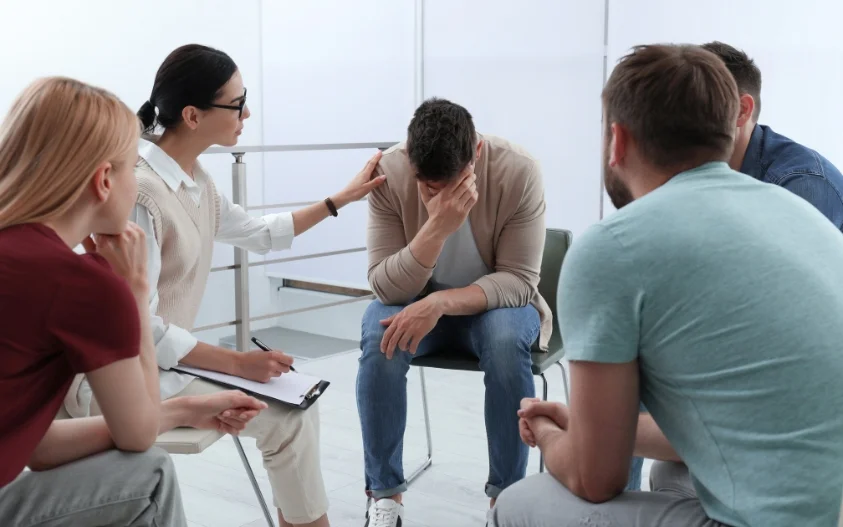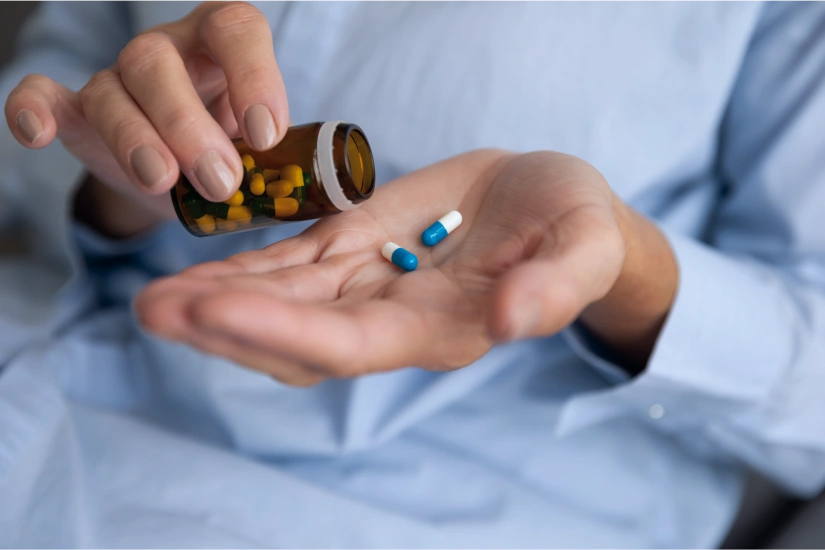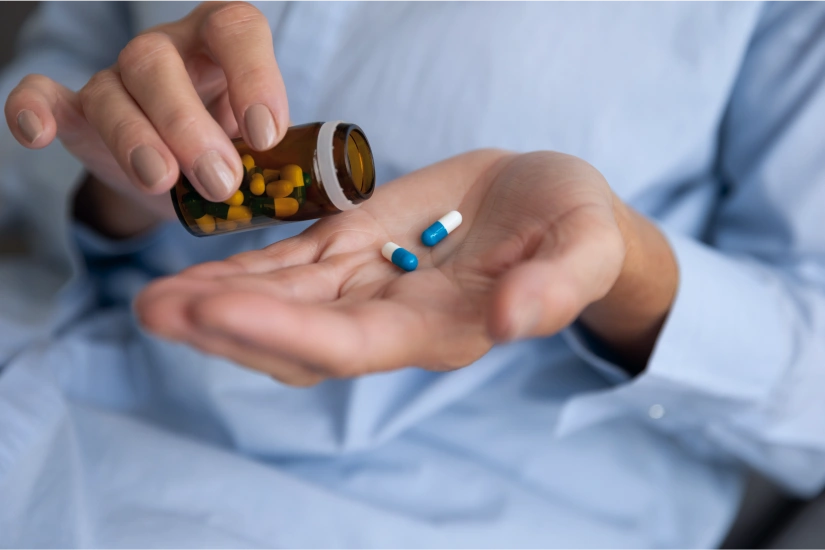24/7 Helpline:
(866) 899-221924/7 Helpline:
(866) 899-2219
Learn more about Medication-assisted Treatment centers in Prince William County
Medication-assisted Treatment in Other Counties

Other Insurance Options

Sliding scale payment assistance

ComPsych

Absolute Total Care

Premera

Cigna

Providence

Covered California

Group Health Incorporated

Evernorth

Self-pay options

Ceridian

Humana

Health Choice

BlueShield

Health Partners

Meritain

AllWell

Regence

Private insurance

UMR


















































































































































